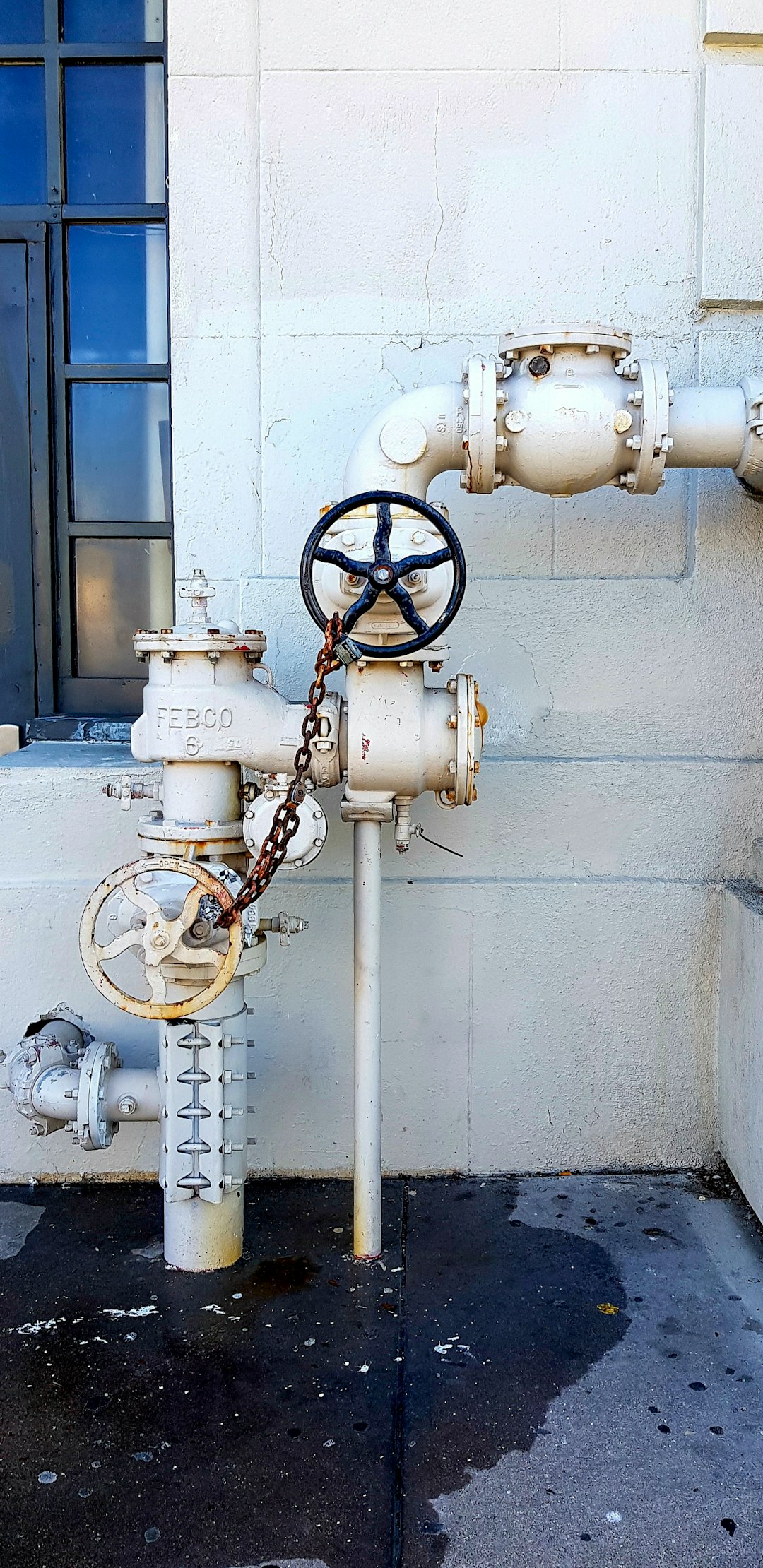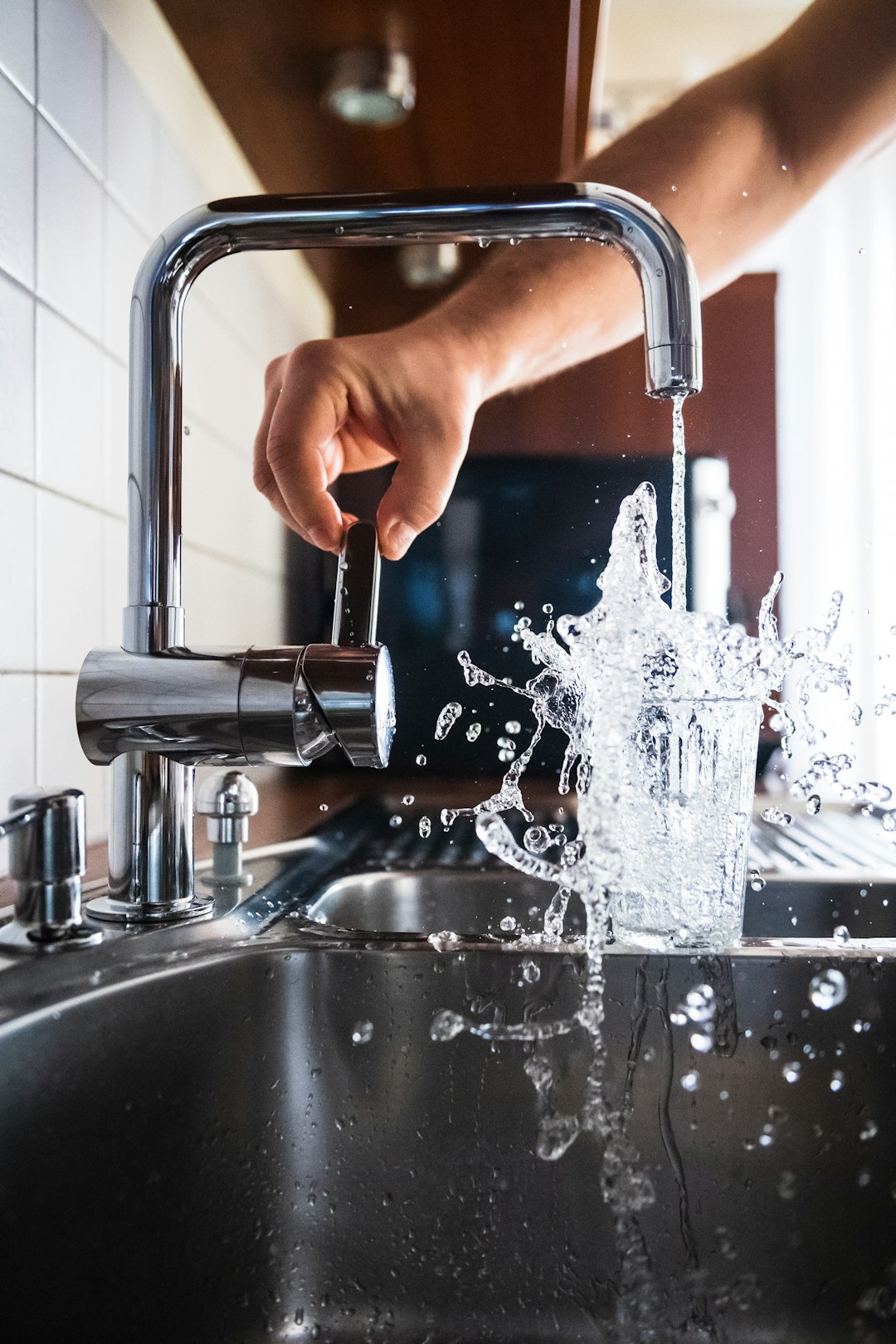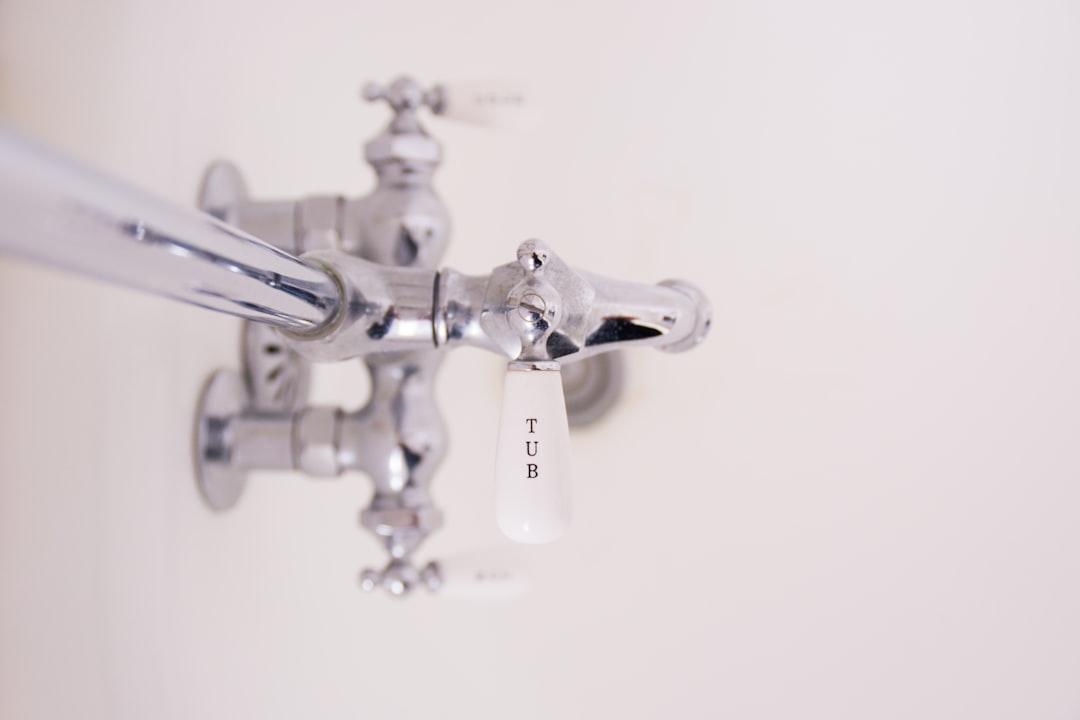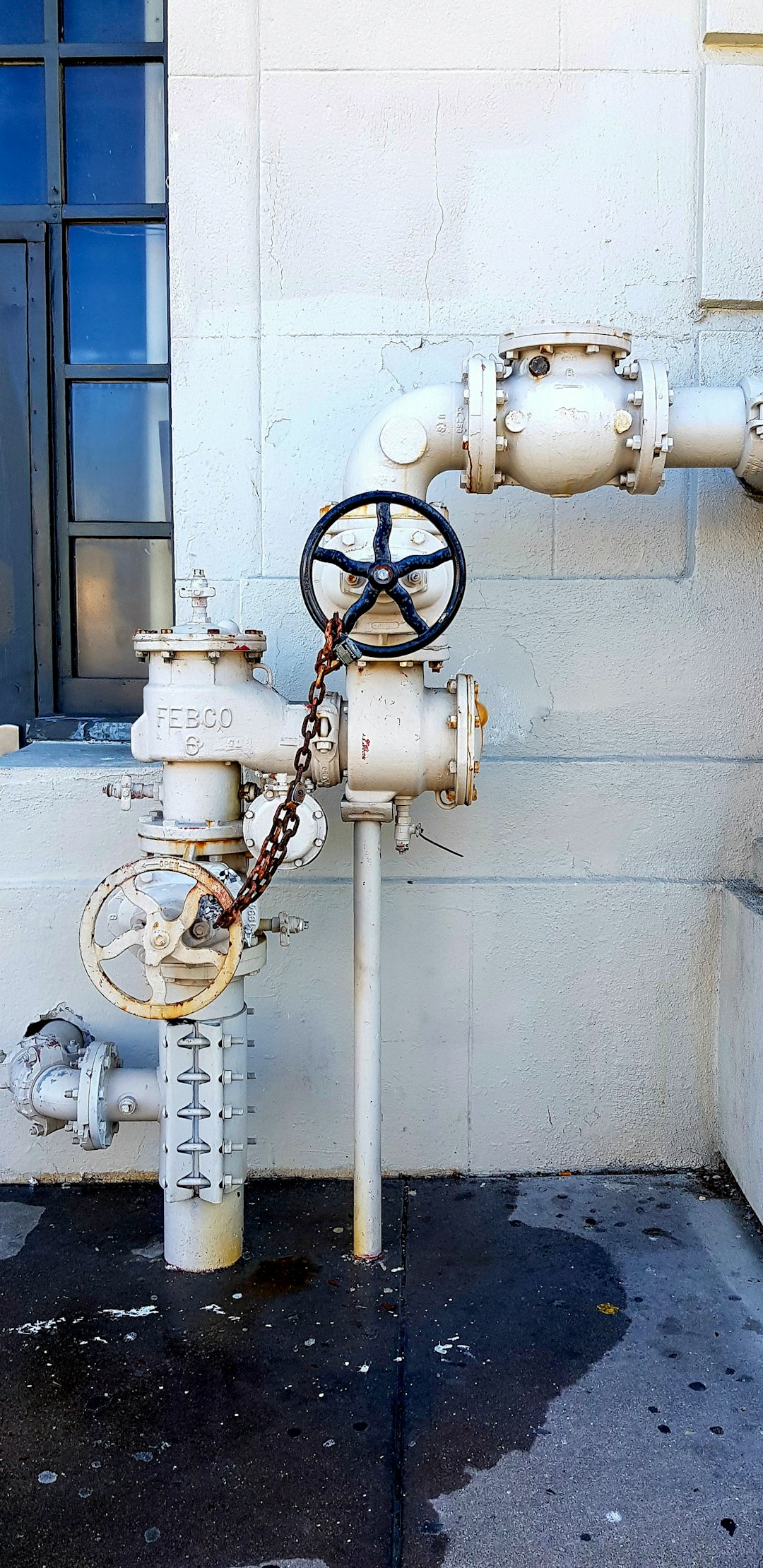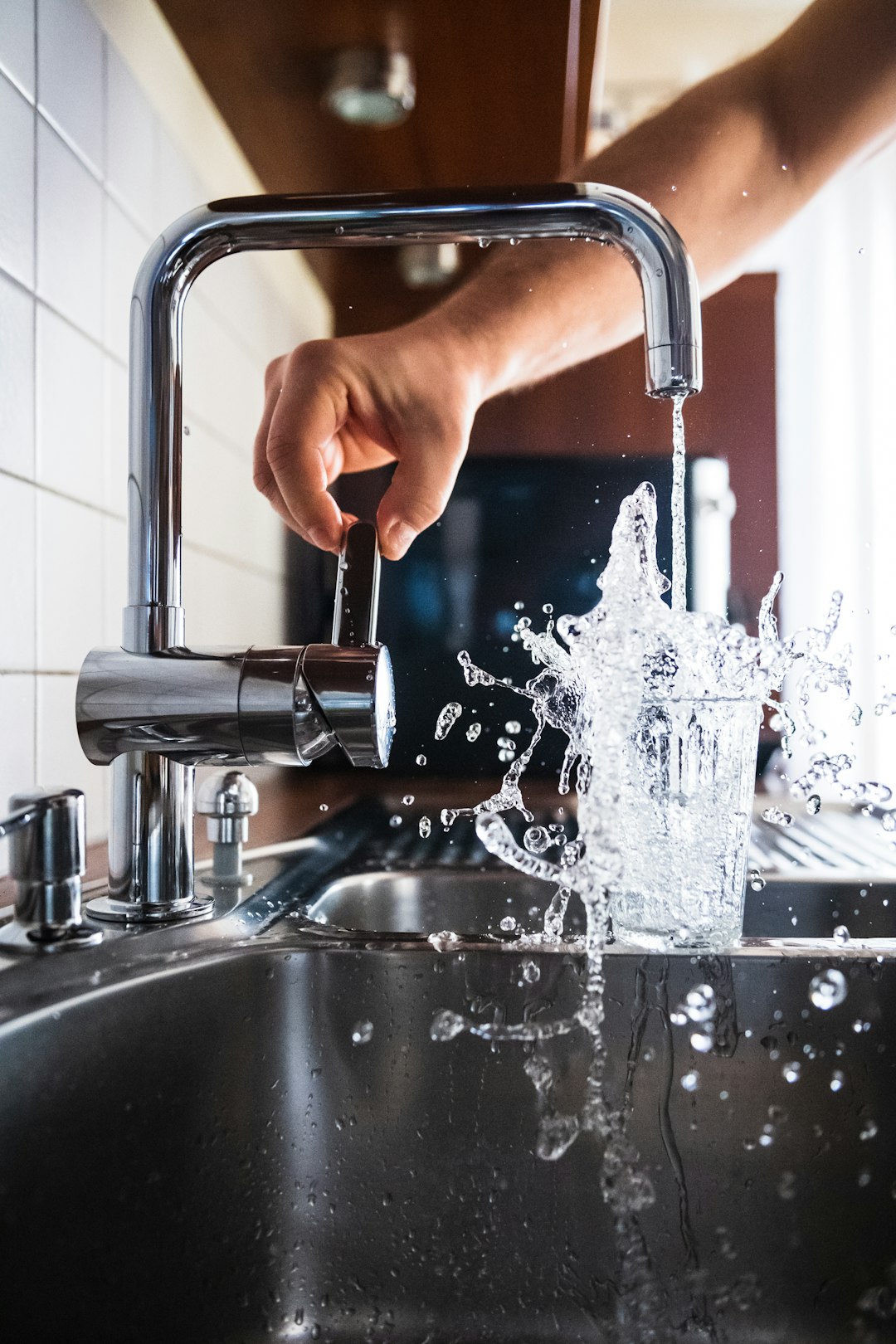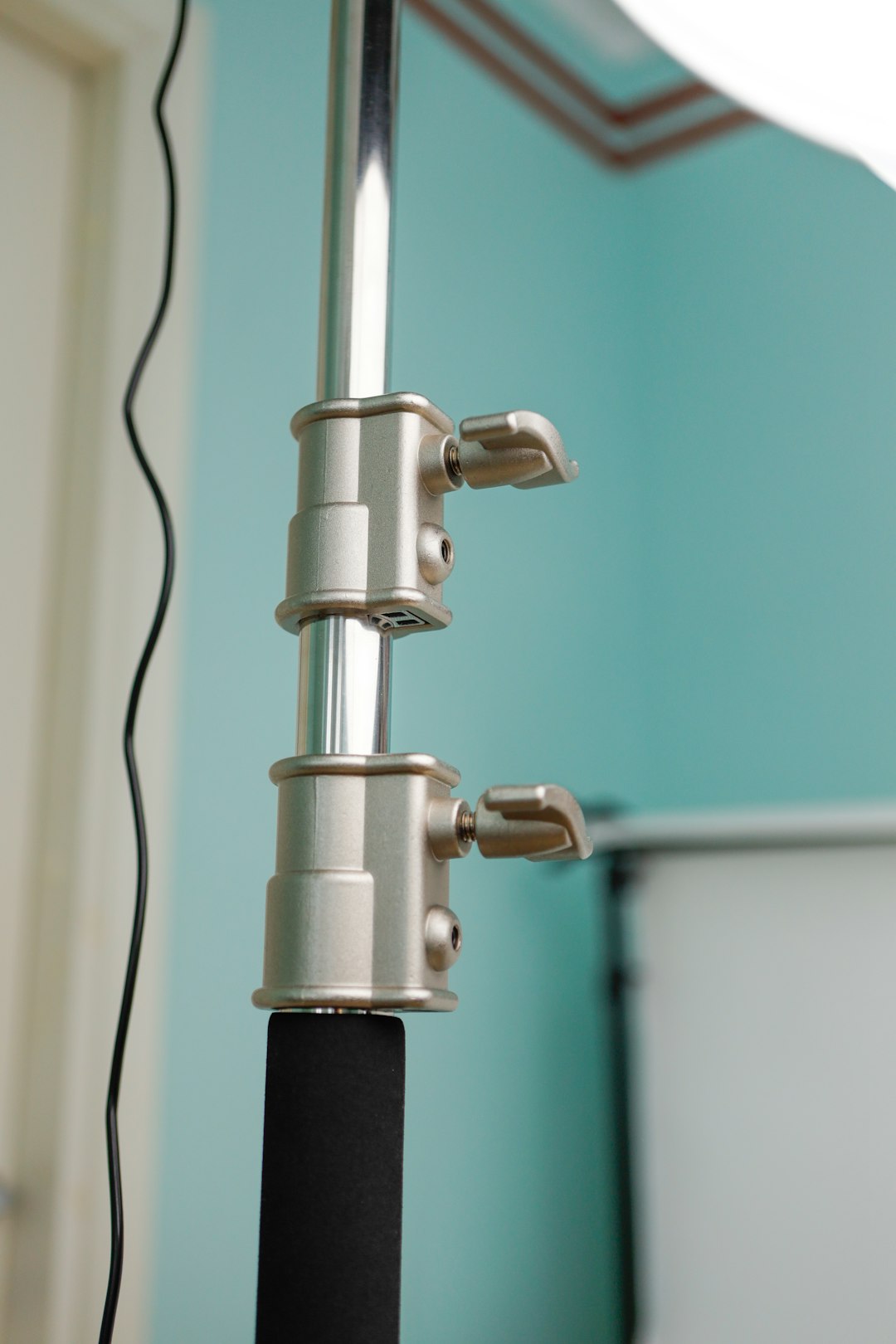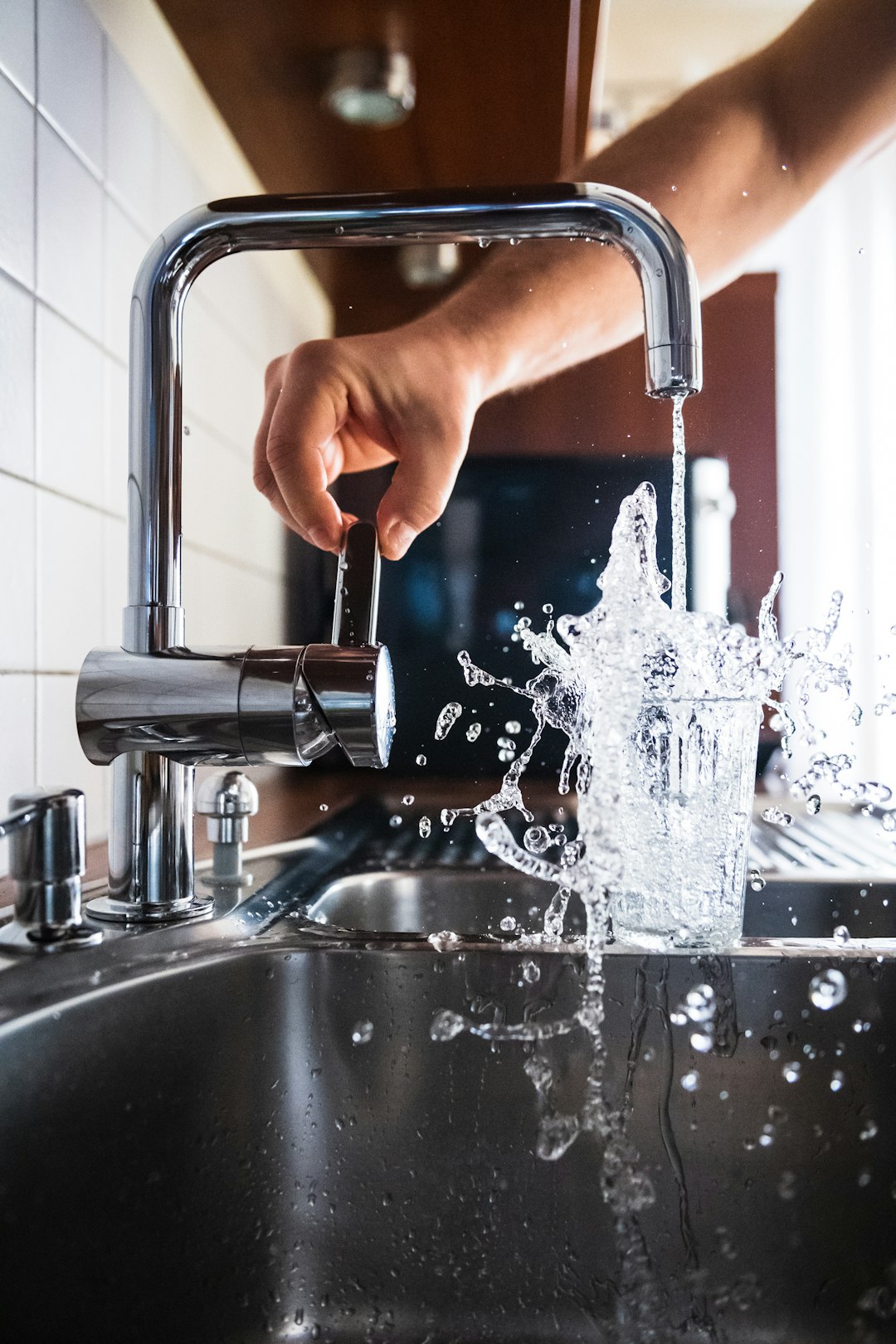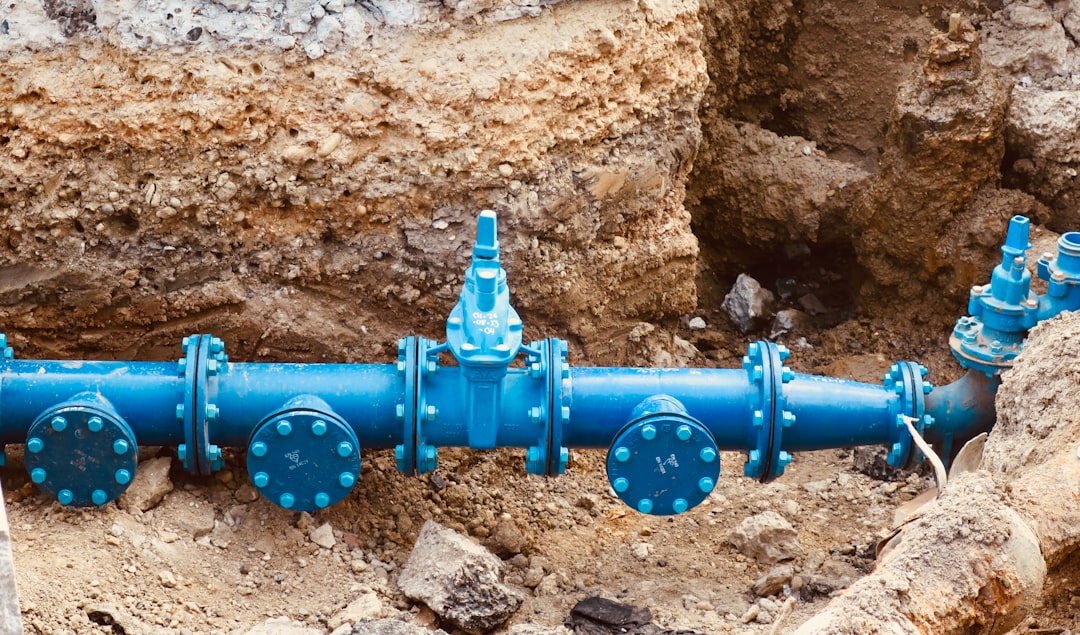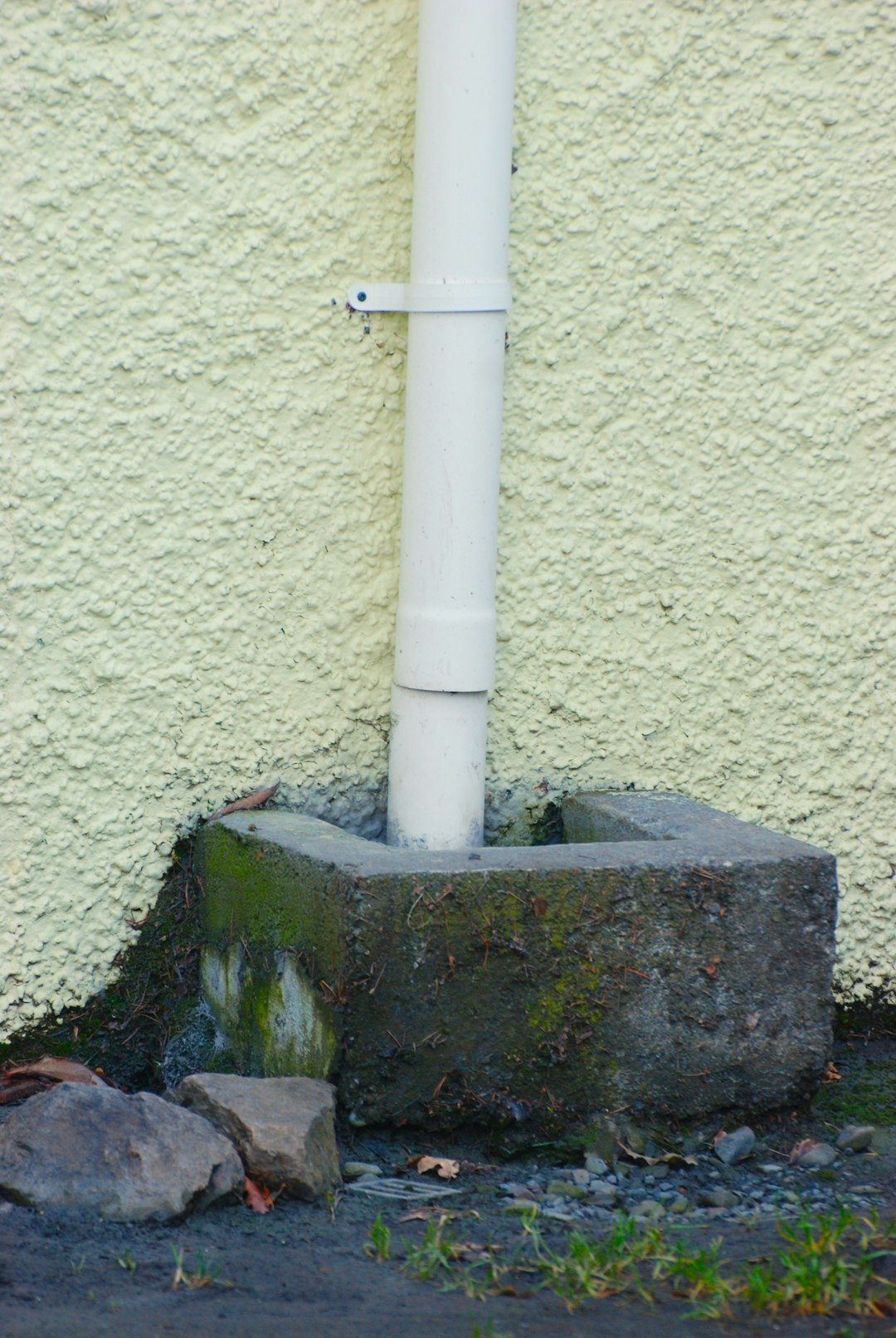Table of Contents
- Introduction
- Overview of plumbing camera inspection and its importance in sewer line evaluation
- Preparation steps for a camera inspection, including securing the area and accessing sewer lines
- Equipment used in plumbing camera inspections, including types of cameras and tools
- The inspection process: inserting the camera, real-time viewing, and capturing footage
- Identifying common issues during the inspection, such as blockages, leaks, and pipe damage
- Post-inspection analysis and reporting: what data is collected and how it’s interpreted
- Recommendations for plumbing sewer line repair based on inspection findings
- Benefits of regular camera inspections for plumbing maintenance and long-term savings
- Conclusion
- Frequently Asked Questions
Introduction
In the intricate world of plumbing, one of the most advanced techniques employed to safeguard our infrastructure is the camera inspection process for sewer lines.
Imagine a tiny, high-definition camera navigating through the twisting, often unseen passages of your home’s plumbing, revealing hidden problems that traditional methods might overlook.
This cutting-edge approach not only saves time and money but also provides invaluable insights into the health of your sewer system.
The journey begins as technicians deploy specialized equipment, maneuvering through the depths of the underground landscape, capturing real-time footage that can diagnose issues ranging from minor blockages to significant structural damage.
With the potential to prevent costly repairs and ensure optimal functioning, understanding this inspection process is crucial for homeowners and property managers alike.
Join us as we unveil the depths of this innovative technology, exploring how it works and why it’s becoming an essential part of modern plumbing practices.
Overview of plumbing camera inspection and its importance in sewer line evaluation
A plumbing camera inspection involves the use of a specialized, waterproof camera attached to a flexible rod that is inserted into the sewer line. This technology allows plumbers to visually assess the interior condition of pipes without the need for extensive digging or excavation. The camera provides high-resolution images and videos that can reveal various issues such as blockages, leaks, cracks, and root intrusions.
The importance of camera inspections in sewer line evaluation cannot be overstated. These inspections enable plumbers to accurately diagnose plumbing issues, leading to more effective and targeted repairs. By identifying problems early, homeowners can avoid costly repairs and extensive damage caused by sewer line failures. Additionally, camera inspections can provide valuable insights into the overall condition of a plumbing system, helping to inform maintenance decisions and prolong the lifespan of the pipes. This proactive approach not only enhances the efficiency of plumbing services but also ensures the health and safety of the home environment.
Preparation steps for a camera inspection, including securing the area and accessing sewer lines
Preparation for a camera inspection of a sewer line is crucial to ensure a smooth and effective evaluation process. The first step involves securing the area around the access points to prevent any accidents or injuries. This may include placing barriers or warning signs to keep pedestrians and vehicles away from the site.
Next, it is important to identify and gain access to the sewer lines that need inspection. This typically requires locating the cleanout plugs or access points, which are often found in basements, yards, or along the plumbing system of a home or building.
Once the access points are identified, it is essential to clear the area of any debris, vegetation, or obstacles that may hinder the camera’s path. Additionally, check the sewer line’s layout and depth, so the technician is aware of the conditions in which the camera will operate.
Having the appropriate tools and equipment ready, such as the camera unit, inspection poles, and cleaning equipment, can further streamline the process and ensure an effective inspection.
Equipment used in plumbing camera inspections, including types of cameras and tools
In plumbing camera inspections, specialized equipment plays a crucial role in assessing the condition of sewer lines. One of the primary tools used is the plumbing inspection camera, which is equipped with a high-resolution lens capable of capturing video footage and images of the interior of pipes. These cameras come in various types, including push cameras and crawler cameras. Push cameras are typically flexible and can be maneuvered through smaller pipes, while crawler cameras are often used in larger pipelines, featuring treads that enable them to traverse uneven surfaces.
Additional tools used in conjunction with these cameras include cable reels, which help in extending the camera into the pipelines, and monitors that display the live feed from the camera for real-time assessment. Some systems may also incorporate sonar and locating equipment to determine the depth and location of the pipeline. The combination of these tools ensures that plumbers can effectively diagnose blockages, cracks, and other issues within sewer lines, making the inspection process more efficient and accurate.
The inspection process: inserting the camera, real-time viewing, and capturing footage
The inspection process for a sewer line using a camera involves several crucial steps to ensure an accurate assessment of the condition of the pipes. Initially, a technician will insert a flexible, waterproof camera attached to a long rod or cable into the sewer line through a cleanout or access point. This insertion is done carefully to avoid damaging the existing infrastructure.
Once the camera is in place, it begins sending live video footage back to the technician, allowing for real-time viewing of the inside of the sewer line. This live feed is critical for identifying issues such as blockages, cracks, or tree root intrusions that may be compromising the integrity of the pipes. The technician can adjust the camera’s position to capture various angles and areas of the line.
Throughout the inspection, the footage is recorded for later analysis. This captured video serves as a valuable resource for homeowners and professionals alike, providing visual evidence of the sewer line’s condition and assisting in determining the most effective course of action for repairs or maintenance.
Identifying common issues during the inspection, such as blockages, leaks, and pipe damage
During a camera inspection of a sewer line, a variety of common issues can be identified, which may significantly impact the overall health of the plumbing system. One of the most prevalent problems observed is blockages, often caused by the accumulation of grease, hair, or foreign objects. These blockages can lead to slow drainage or even complete obstructions, necessitating immediate attention.
Another frequent issue that inspectors encounter is leaks. These can occur at joints or cracks in the pipe, which can lead to water damage and the potential for more severe problems if not addressed. The camera can provide visual confirmation of any leaks, allowing for targeted repairs.
Additionally, pipe damage is often revealed during inspections. This can include cracks, fractures, or even corrosion, especially in older piping systems. Assessing the extent of this damage is crucial as it can influence decisions regarding repair or replacement options. By identifying these common issues, property owners can take proactive steps to maintain their sewer system and prevent costly repairs in the future.
Post-inspection analysis and reporting: what data is collected and how it’s interpreted
Post-inspection analysis and reporting are crucial steps in the camera inspection process of a sewer line. Following the completion of the inspection, the data collected is comprehensive and includes information about the sewer line’s condition, any signs of deterioration, blockages, and potentialTree root intrusions. The inspection video footage is reviewed to identify specific problems like cracks, misalignments, or corrosion.
During analysis, the condition of the pipe is categorized into different levels of severity, which helps in prioritizing necessary repairs. Measurements and locations of issues are documented, allowing for accurate planning and cost estimation for repair work. Additionally, the data collected might include the length of the inspection pipe, the type (PVC, clay, etc.), and the overall layout of the sewer system.
Interpreting this data involves comparing it to industry standards and previous inspections to assess changes over time. This context is essential for maintenance planning, ensuring the longevity of the sewer system, and protecting public health.
Recommendations for plumbing sewer line repair based on inspection findings
After conducting a camera inspection of a sewer line, it is essential to analyze the findings to determine the appropriate course of action for repairs. If the inspection reveals minor leaks or cracks, then trenchless repair methods such as pipe relining might be recommended. This technique involves creating a new pipe within the existing one, minimizing disruption to the surrounding area.
In cases where substantial tree root intrusion is detected, it may be necessary to employ rooter services to clear the blockage. Frequent blockages might suggest that the pipe is too small for the amount of waste it carries or that it has structural issues. If the camera inspection reveals significant deterioration or corrosion, complete pipe replacement could be the best solution, particularly if the pipes are old and have consistently shown signs of wear.
Additionally, it is crucial to address any identified issues promptly to prevent further damage, which can lead to more costly repairs. Regular inspections are also recommended as preventative measures to maintain the integrity of the sewer line and to catch potential problems early.
Benefits of regular camera inspections for plumbing maintenance and long-term savings
Regular camera inspections of plumbing systems offer numerous benefits that contribute to both efficient maintenance and long-term savings. First and foremost, these inspections allow for early detection of potential issues, such as blockages, leaks, or pipe deterioration, before they escalate into costly repairs. By identifying problems early, homeowners can avoid emergency situations that often come with higher repair costs and inconvenient disruptions to daily life.
Furthermore, camera inspections provide a clear visual representation of the condition of sewer lines, enabling plumbers to formulate tailored maintenance plans. This proactive approach not only enhances the longevity of the plumbing system but also ensures optimal performance, which can lead to reduced water bills.
Additionally, by having a clear record of the plumbing condition over time, homeowners can make informed decisions regarding replacements or upgrades. This can further minimize unexpected breakdowns and extend the lifespan of the plumbing infrastructure, ultimately resulting in significant cost savings. In conclusion, regular camera inspections are an investment that promotes the health of plumbing systems while optimizing overall financial efficiency.
Conclusion
In conclusion, the camera inspection process for sewer lines offers invaluable insights into the health of your plumbing system. By utilizing advanced technology, plumbers can accurately diagnose issues such as blockages, leaks, and pipe damage without invasive digging. Regular inspections not only help to identify problems early but also allow homeowners to make informed decisions about maintenance and repairs, ultimately saving time and money. It’s essential to prioritize these inspections as part of your plumbing upkeep to ensure long-term efficiency and prevent costly emergencies. If you suspect there may be issues with your sewer lines, don’t hesitate to take action. Call 573-555-2121 today for expert plumbing assistance and safeguard your home against potential plumbing disasters.
